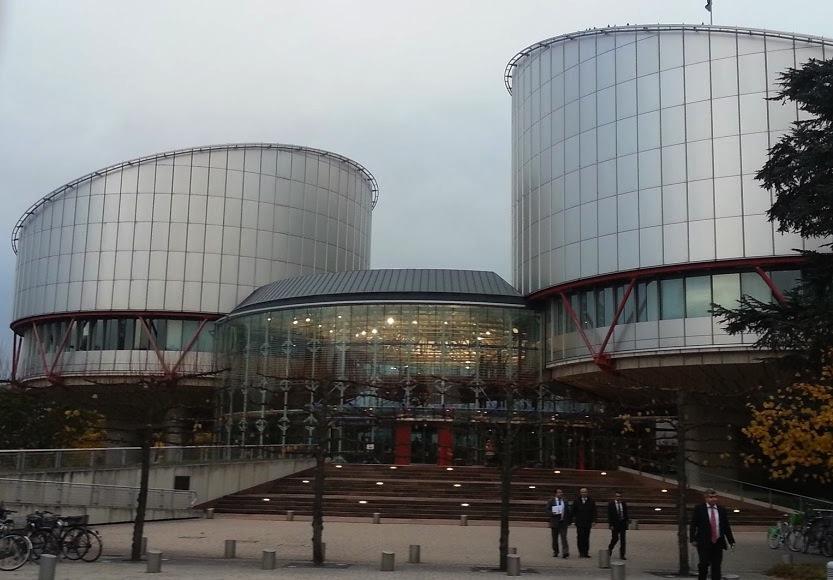The ICJ expresses its disappointment today at the judgment of the European Court of Human Rights in the case of M.E. v. Sweden (Application No. 71398/12).
It considers that the Court has failed to keep apace with developments in refugee law relating to asylum claims based on sexual orientation, gender identity or expression.
The ruling arose from a failed application for asylum lodged in Sweden by M.E., a Libyan national.
His asylum claim has been based, among other things, on his fear of persecution and ill-treatment if returned to Libya on account of his homosexuality and his marriage to another man since his arrival in Sweden in accordance with Swedish domestic law which recognizes same-sex marriage.
The ICJ, together with the International Federation for Human Rights and the European Region of the International Lesbian, Gay, Bisexual, Trans and Intersex Association (ILGA-Europe), submitted written comments about the case to the Court in 2013.
The European Court held by majority that Sweden is entitled to expel the applicant to Libya notwithstanding the fact that consensual same-sex relations are criminalized in Libya and punishable by imprisonment.
Moreover, although the evidence before the Court did not feature reports of recent “active prosecutions” since the fall of Gadhafi, it did point to arrests and serious assaults taking place in Libya against people “simply for being homosexual”.
The judgment will become final in three months unless one of the parties to the case requests that the case be referred to the Grand Chamber of the European Court for consideration.
The ICJ is concerned at the Court’s decision that removing M.E. to Libya would not be inconsistent with Article 3 of the European Convention on Human Rights, prohibiting torture or other ill-treatment.
Read the full ICJ statement here:
SOGI-MEvsSweden-Advocacy-legal submission-2014 (full text in pdf)
Read also:
X, Y and Z : a glass half full for “rainbow refugees?





